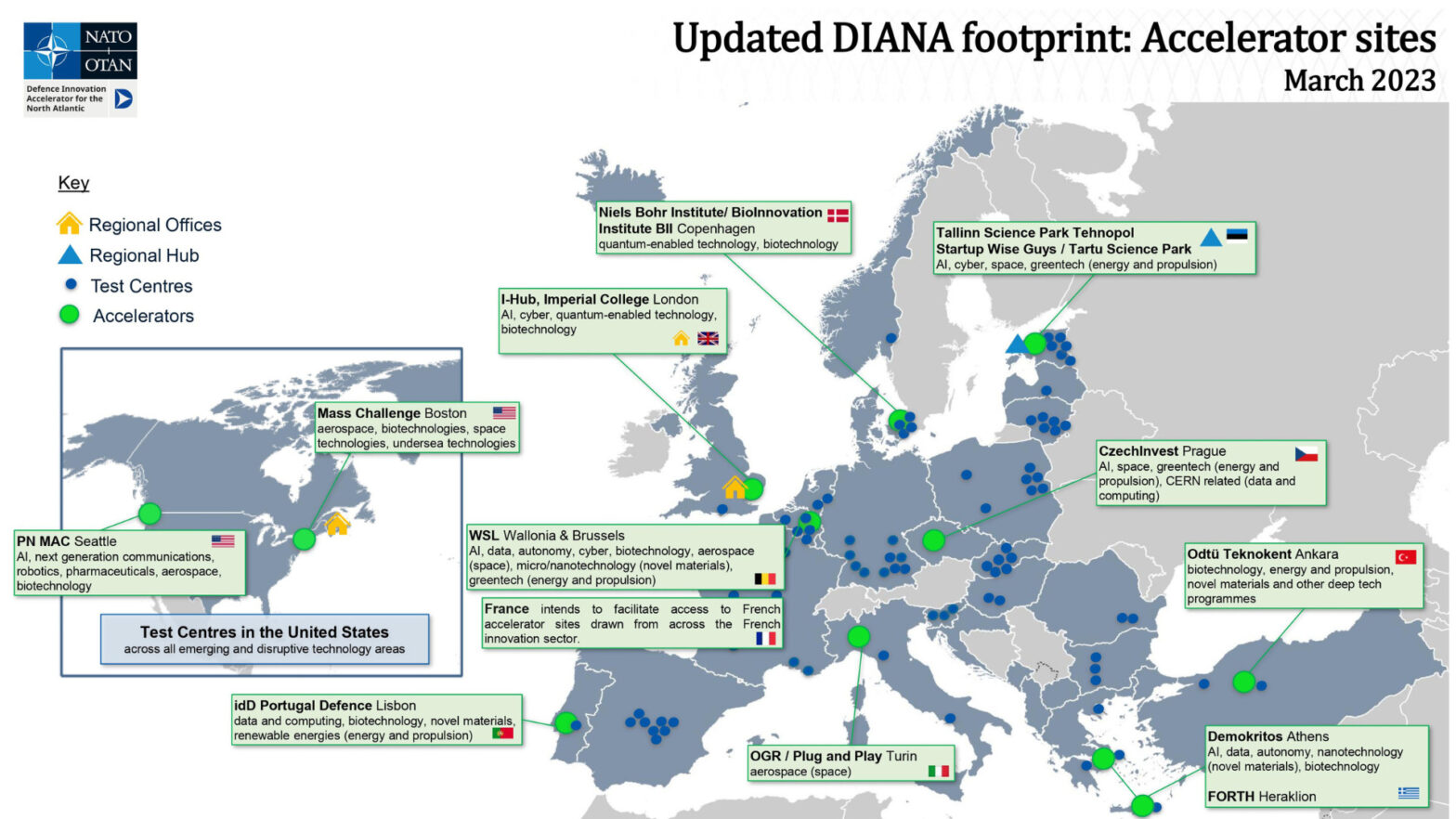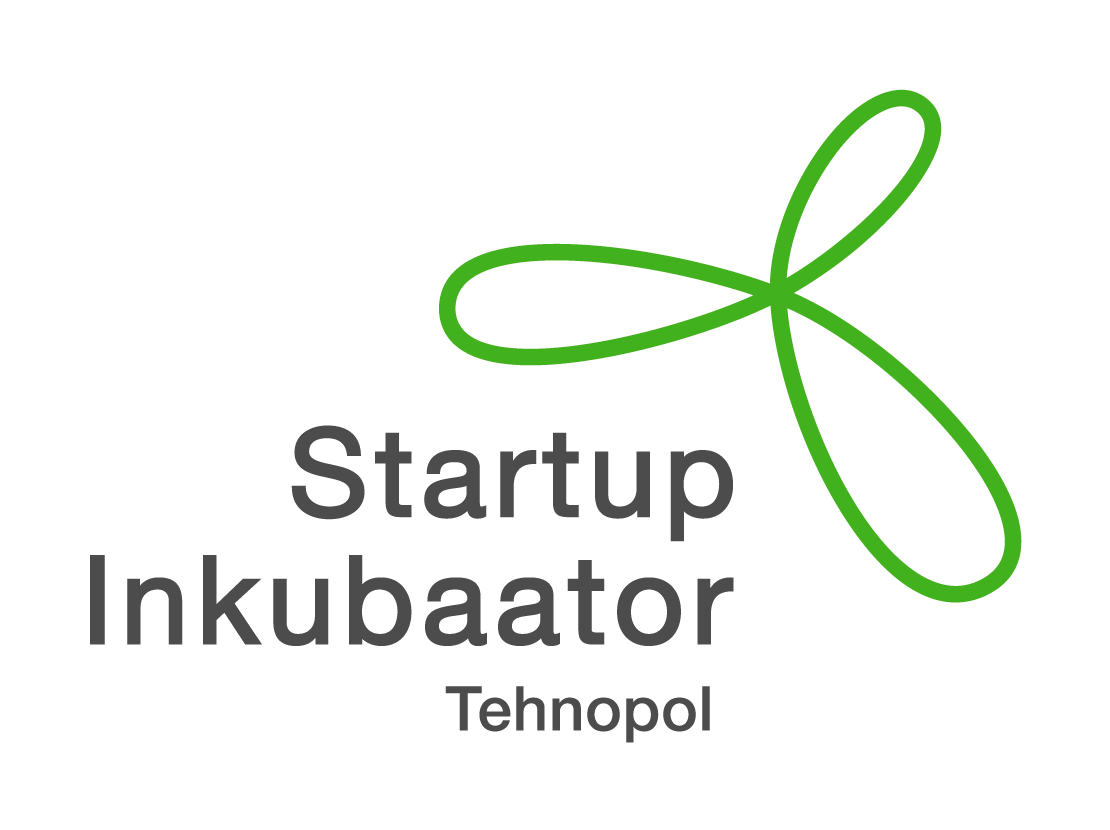The first accelerators of the NATO innovation network will the open this year in Estonia, Italy, Denmark and the USA

The first five accelerators in the NATO DIANA network of innovation accelerators will start work during their first pilot year, and one of them will operate in Estonia. Businesses can apply to the accelerator this summer before the NATO summit in Vilnius.
“The main role of the DIANA accelerator is to give startups the chance to develop dual-use, deep-tech solutions that can protect the security of all of us. I am extremely pleased that our efforts have borne fruit and that Estonia is among the first countries that will host an accelerator of this type, which is new even for NATO”, said Minister of Entrepreneurship and Information Technology Kristjan Järvan. “I believe there is a lot of unused potential in the Estonian defence industry that could undoubtedly be vital in these current unstable times and that the DIANA accelerator can help develop”, he added.
“The first areas for research that have been chosen fit very well with our defence forces, as secure data exchange, detection and surveillance were also among the topics that they proposed. We hope that this accelerator will produce results that can benefit our defensive capabilities, and that it will lead to good and successful partnerships between private enterprise and the defence forces. Estonia can also be proud that the European branch of the headquarters of DIANA will be in Tallinn”, said Minister of Defence Hanno Pevkur.
The accelerator in Estonia will led by the Tehnopol Science and Business Park working together with the Tartu Science Park and the business accelerator Startup Wiseguys. The accelerator is designed to support deep-technology startups that can contribute to national security and defence, bringing together innovators and end-users of new technologies. The accelerator will develop dual-use technologies that can be used for both civil and military purposes. The NATO accelerator in Estonia allows startups from Estonia and the surrounding region in particular to develop their products and business models and to find partners to work with in the single defence market of the alliance, which is normally closed off and has high barriers to entry.
The network of DIANA accelerators brings together several local test environments for new technology from the University of Tartu, TalTech, Foundation CR14, the National Defence College, Milrem Robotics, the Estonian Aviation Academy and the Estonian Academy of Security Sciences. All the companies involved in the accelerator will have access to around a hundred testing centres in NATO countries.
During the first pilot year, a few dozen startups will be chosen from all of the accelerators to receive financial support from NATO to develop their ideas. The DIANA accelerator programme runs in two six-month stages. After half a year, only the most promising startups will continue in each accelerator, and they will receive additional support.
“Tehnopol and our partners have worked very hard to bring the DIANA accelerator to Estonia. This is unarguably a very important advance for Estonian startups and it is in line with our goal of supporting world-changing technologies”, said CEO of Tehnopol Indrek Orav.
The directors of NATO DIANA confirmed at the end of last year that the strategic areas of focus in 2023 would be security of energy supply, secure data exchange, detection, and surveillance. A competition for startups will be announced at the start of summer to find proposals for solutions in those areas of focus, and the best will be chosen during the summer and will be able to start work in the accelerator programme from the autumn.
Alongside the Estonian accelerator, DIANA accelerators are being opened this year in Turin in Italy, Copenhagen in Denmark, and Seattle and Boston in the United States.


